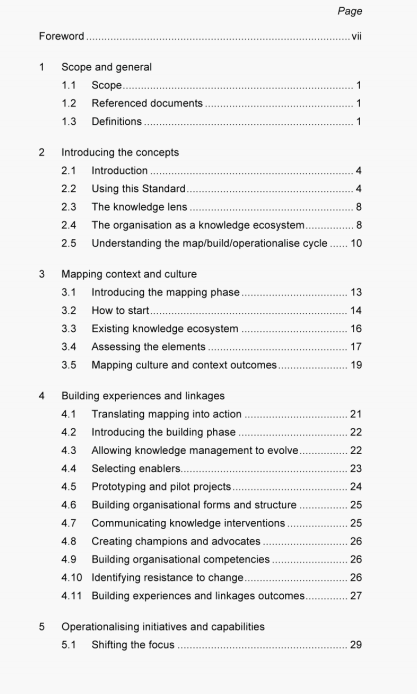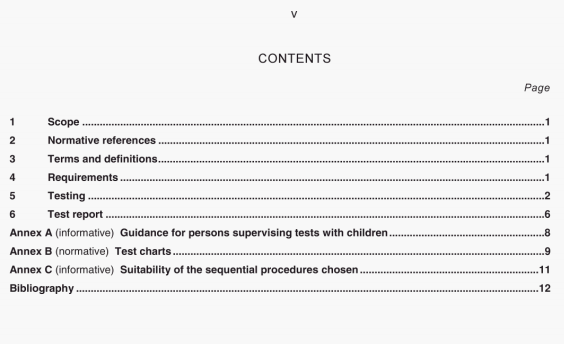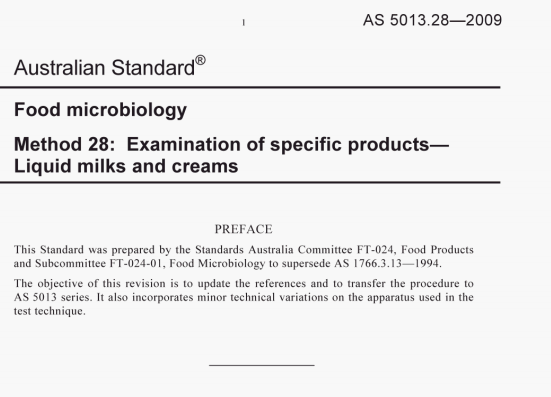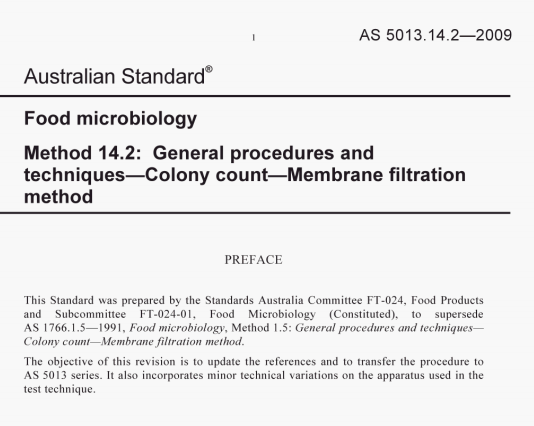Abstract: AS 1391:2005 pdf download.Metallic materials—Tensile testing at ambient temperature. This measurement is, in principle, valid only if the distance between the fracture and the nearest gauge mark is no less than one third of the original g...
AS 1391:2005 pdf download.Metallic materials—Tensile testing at ambient temperature.
This measurement is, in principle, valid only if the distance between the fracture and the nearest gauge mark is no less than one
third of the original gauge leiigth (L0). However, the measurement is valid. irrespective of the position of the fracture, if the
percentage elongation after fracture is equal to or greater than the specified value.
11.2 Machines capable of measuring ctension at fracture using an extensonicler
For machines capable of measuring extension at fracture using an extensometer, it is not necessary to mark the gauge lengths. The
elongation is measured as the total extension at fracture. and it is therefore necessary to deduct the elastic extension in order
to obtain percentage elongation at’ter fracture.
In principle, this measurement is only valid if fracture occurs within the extensorneler gauge length (Lj. The measurement is valid regardless of the position of the fracture if the percentage elongation after fracture is equal to or greater than the specified
value.
If the product Standard specifies the determination of percentage elongation after fracture for a given gaugc length, the
extensometer gauge length shall be equal to this length.
Recommended:



